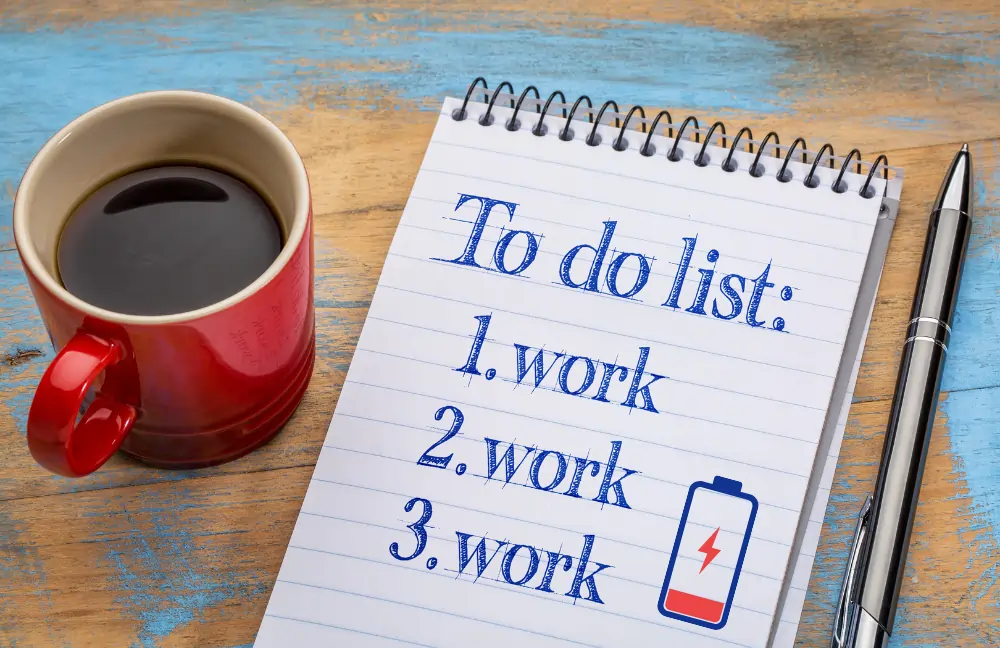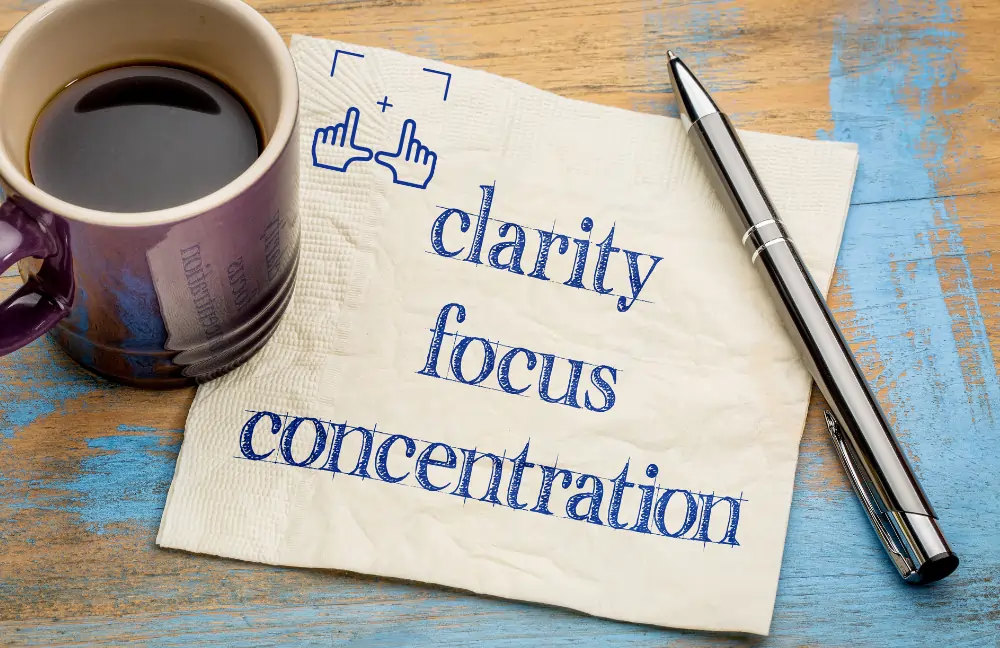What Is Boundary Burnout?
What Will This Audio Do?
Glorification of Workaholism
We’ve glorified workaholism at the expense of our own health and wellness. We’re obsessed with work, busyness, and productivity. In fact, we look forward to Sundays, not as downtime or an opportunity to rejuvenate; but because it gives us more time to catch up on the week’s backlog. And if that’s not enough, we take on passion projects, freelance gigs, and side hustles. And by chance if we’re not dedicating every waking minute to work and the pursuit of productivity, we feel guilty.
If we’re free even for a few minutes, it’s assumed that we’re wasting time. And it’s not the world that accuses us as much as the internalized self-derogatory monologue that says, “Hey, come on now; get back to work!” And then you might also agree, “I know this. I understand work-life balance and I know what burnout is, and I’m far from it.” But are you? Or you’re stressed about the fact that you do not want to be stressed and yet are, because you know that stressors are overpowering the stress busters that potentially could help you relax. You know it all (theory) but are doing little about it (practice).
Why Boundaries Matter to Performance
Preparing for this Audio
- Silence notifications
- Close all work tabs
- Sit somewhere other than your primary desk if possible
- Keep a notepad for jotting one boundary you’ll test tonight
- Make a diary of all such boundaries over time
- Place a soothing cue nearby—a candle, soft lamp, or playlist
- Introspect and assess the impact of this transition
Fight the Madness Today
Remote working platforms have erased commutes, smartphones are tethering humans 24/7, and global teams choose to ping across time zones. Add ambition to the mix and people pleasing, and “just this once” has become an incessant habit. The obsessive and excessive devotion to work, has become detrimental to every other aspect of life like relationships, health, and well-being.
It’s time to fight this madness. There are simple but effective ways to help me start building healthier boundaries without coming off as someone who doesn’t take work seriously. These small shifts may just help you reclaim your energy, time, and most importantly yourself. You can be productive and successful WITHOUT burning yourself out. If you’re prone to workaholism and/or burnout, listen to this episode as your daily antidote.
This is a proactive script – deciding in advance when, where, and how you’ll step away. Because work was supposed to be a means “for getting” you a living, not making you “forget” how to live.
“When you guard your time, you guard your vitality. Let work live in its lane so your life can thrive in the rest.”







